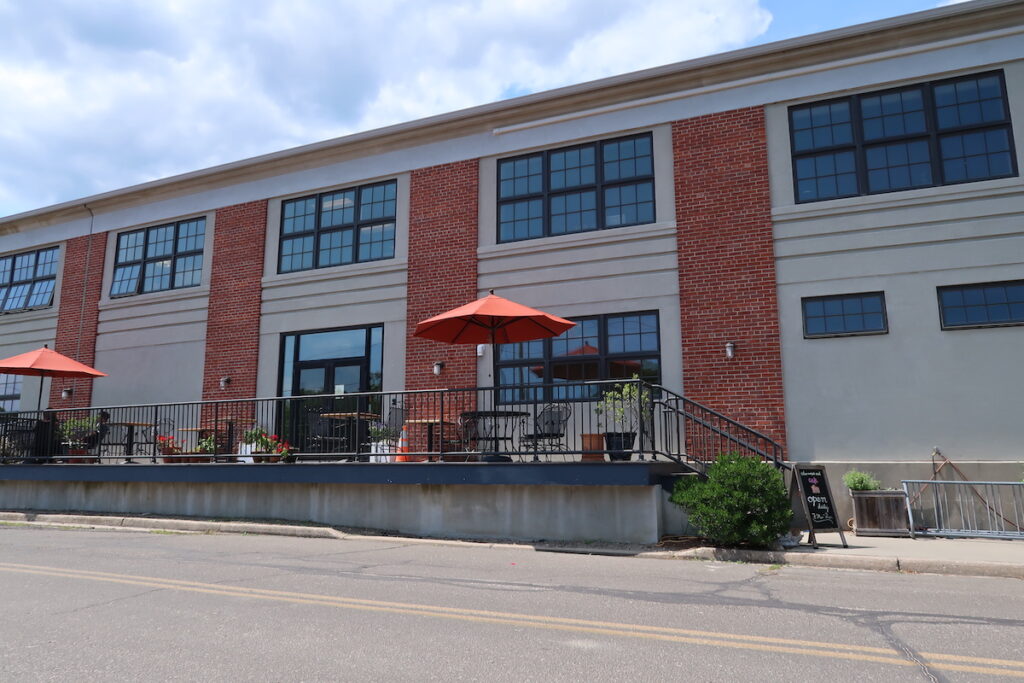Is trash collection firm breaking the law by not asking you to separate recyclables?
The town is investigating whether a private trash collection firm that doesn’t require its customers to separate out recyclables might be violating state law.
At issue are claims made by Go Green Sanitation of Riverhead that people who sign up for its service can squeeze as much trash as they can into one of the company’s 96-gallon garbage cans without setting aside paper, cans and glass and plastic bottles and containers.
“Tired of yellow bags? Tired of separating recyclables?” a Go Green advertisement reads. “We recycle your garbage for you. No more separating.”
Supervisor Scott Russell said the town knows of no DEC-licensed facility that will take in raw refuse and then pull out recyclable materials as required by state law.
“It’s disconcerting that someone is encouraging people to not follow state law requiring recycling,” Mr. Russell said.
The Go Green company must prove to the town that the trash it collects is being recycled, the supervisor added.
Go Green did not return calls for comment by presstime.
The town has brought the issue to the DEC’s attention and the town attorney’s office is looking into it as well, Mr. Russell said.
Southold residents who hire commercial carters to take away their trash are required to place their non-recyclable refuse in yellow town bags ranging in price from 75 cents to $2.25 each. Go Green says its customers need not purchase the yellow bags.
The yellow bag system was designed to generate revenue other than property taxes to offset the town’s cost of shipping its trash to out-of-state disposal facilities. It’s considered a user fee, with those who generate the most garbage paying the most.
“I understand the animus toward yellow bags,” Mr. Russell said. “I don’t like them either, but they’re the lesser of all evils in covering the cost of refuse removal.”
In a letter to the editor in this week’s edition, town solid waste coordinator Jim Bunchuck said the legal question is only part of the town’s concern with Go Green’s operations.
Aside from putting local carters at a competitive disadvantage, taking trash out of town could put Southold’s Solid Waste District in financial risk because of lost revenue, Mr. Bunchuck wrote.
The yellow bags “account for about 20 percent of the district’s income, which will have to be made up somewhere,” he says.
He adds that the Go Green approach “goes against a generation of education and effort on the reduction, reuse, recycling hierarchy of modern waste management.”
Since mandatory recycling went into effect in 1993, the town’s residential recycling rate has more than doubled to about 35 percent, according to Mr. Bunchuck. He adds that the revenues gained from the sale of recyclables and disposal costs saved by pulling those materials out of the waste stream have put the town $6 million ahead.
“Going green with garbage has been a successful reality in Southold for years, not merely a slogan on a truck,” Mr. Bunchuck’s letter says. “And we should remember something most of us learned around the second grade: If it sounds too good to be true, it probably is.”








